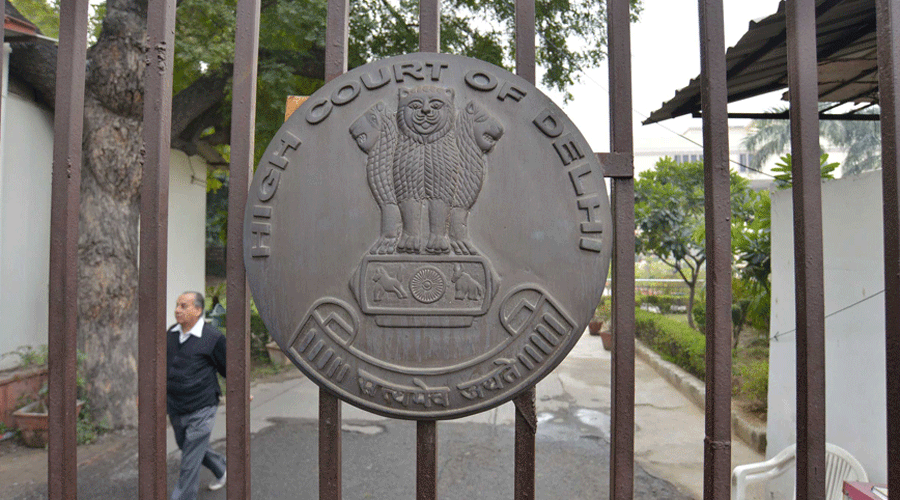The Delhi government has opposed in the Delhi High Court a 70-year-old man’s challenge to the law barring him access to portable ultrasound machines at his home, saying that permitting unregulated use of such machines would lead to a huge increase in cases of illegal sex determination, abortions and female foeticide, which would become a legal and social menace.
It further said the prohibition on the use of ultrasound machines, except at a registered place, is crucial to track and prevent misuse.
The Delhi government took the stand in an affidavit filed by it in response to the senior citizen’s petition which assails certain provisions of anti-sex selection law concerning the bar and notification by the directorate of family welfare in this regard.
The affidavit stated that the use of portable ultrasound machines is not “completely banned” to “adversely” impact access to health care or constitutional right to life as its use is permitted “inside a duly registered premise for providing services to indoor patients” as well as “as part of a (registered) mobile medical unit.”
The import of the prohibition, the government said, is to prevent the use of the machines at unregistered places and prevent violation of the Pre-Conception and Pre-Natal Diagnostic Techniques (Prohibition of Sex Selection) Act, 1994 (PCPNDT Act), which seeks to “uphold the right to life of the unborn child and also to prevent misuse of the pre-natal diagnostic techniques, procedures, equipment.”
“If ultrasound machines are allowed to be portable, without regulation as to the place of use, it would lead to the huge increase in illegal sex determination and cases/offences of illegal abortions, female foeticide, etc. and would become a legal and social menace.
Furthermore, it would also be impossible to track and take penal action against offenders that indulge in such offences/malpractices,” said the affidavit filed by the state programme officer, PCPNDT Act, department of health & family welfare.
“It is submitted that the prohibition on the use of ultrasound machines, except at a registered place, is crucial to track and prevent misuse, unlawful sex determination, female foeticide, etc.
“It is further submitted that if ultrasound machines are not regulated at registered premises, whether fixed or mobile, it would be impossible not only to track and prevent misuse of ultrasound machines but also to identify and track violators, which would lead to complete redundancy of the PCPNDT Act and would render the said Act toothless,” it added.
In the present case, the petitioner — who was suffering from a debilitating illness called Progressive Supranuclear Palsy (PSP) and receiving treatment at his home ICU, approached the high court earlier this year after he urgently needed access to an ultrasound machine for prescribed medical treatment but was not in a condition to be transported.
On August 6, the court had allowed the petitioner to access a portable ultrasound machine at his home at this stage, saying that legal provisions cannot be interpreted in such a manner so as to deprive the petitioner of a treatment that is urgently required as per the advice of the concerned doctors and any delay or failure would impede his treatment and may cause deterioration of his health.
In the affidavit, the Delhi government said that seriously/terminally ill patients can be shifted to hospitals for comprehensive and suitable medical care with due caution and care for access to ultrasound machines and since the petitioner has already been granted access to a portable ultrasound machine, the petition should be disposed of with directions that this case would not be treated as a precedent while upholding the law.
“Even serious/terminally ill patients go to the hospitals for comprehensive and suitable medical care, and otherwise, mobile medical units are permitted under the provisions of the PCPNDT Act and 1996 Rules…. The intent behind the PCPNDT Act is to uphold the right to life of the unborn child and also to prevent misuse of the pre-natal diagnostic techniques, procedures, equipment, etc,” the affidavit stated.











